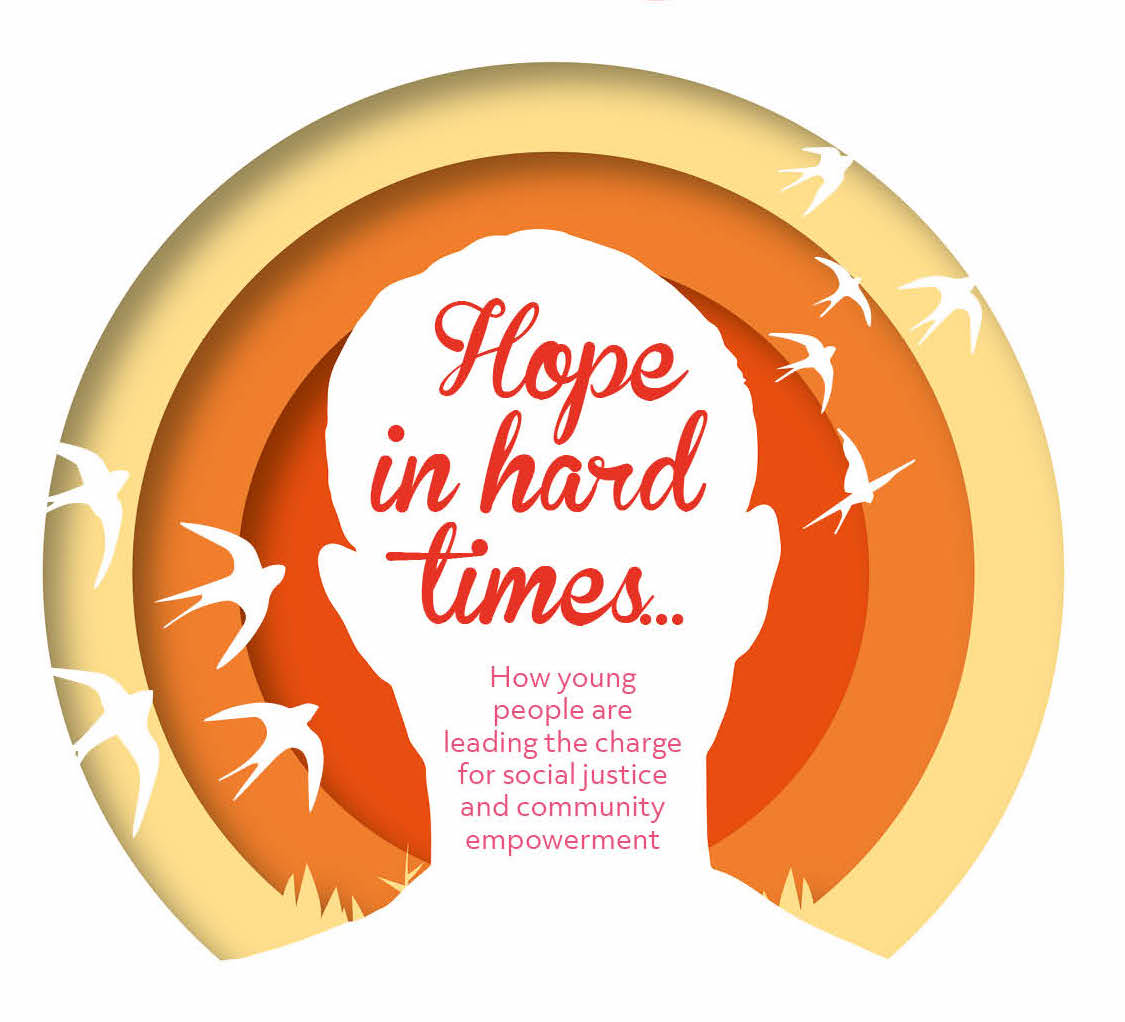Inclusive education should be more than just an aspiration
We need to better empower and equip schools to support children with additional support needs - and the new review of implementation offers hope, writes Sally Cavers
The Scottish Government review of the implementation of the additional support for learning (ASL) framework is under way. Views and experiences are being gathered, with the report expected in Spring 2020.
It is a welcome consideration of where the additional support for learning legislation and guidance is – and is not – being realised for children, young people, parents and school staff.
A common view is that the ASL Act in Scotland and the accompanying Code of Practice details exactly what we want for our children and young people with additional support needs. However, implementation and delivery, especially in recent years, has been challenging.
A number of reports and latest research have highlighted similar issues for teachers and support staff in meeting the range of needs in a classroom. Amongst the findings, it has been revealed that there is a sense of children with additional support needs not being included or offered an education that allows them to thrive and reach their potential. An increased level of disagreement between parents and local authority staff about how children’s needs are provided for and met has also come into the spotlight.
There are many thousands of children with additional support needs who do receive very good levels of support, an education that will allow them to reach their potential, and the foundations for sustainable positive destinations.
I have yet to meet a practitioner who is not genuinely committed to getting it right and in my everyday experiences I meet many education staff whose passion and dedication leaves me inspired.
But for a significant minority of children and young people who are not receiving excellence and equity in education, the implications are profound.
Support for autistic pupils
Last year, Children in Scotland in partnership with Scottish Autism and the National Autistic Society Scotland produced a report responding to significant concerns about autistic children not in school and regularly sent home but not formally excluded. We titled it Not Included, Not Engaged, Not Involved. It was a deliberate play on the practice guidelines of a similar name (Included, Engaged and Involved part 2: guidance on preventing and managing school exclusions), to reflect the research findings and the distance a sizeable number of autistic children are from receiving the practice outlined.
Our report set out nine calls for action that, if implemented, would lead to improvements in the educational experiences of autistic children, and allchildren with additional support needs.
We have seen progress on our call for improvements to initial teacher training and continued professional development, but we would like to see more progress where mainstream education is not working for autistic pupils. I am hopeful that the recommendations of the review will support this.
The national picture
National data looks positive for children with additional support needs. Local authority statistics show that more young people are securing positive destinations when leaving school, and there has been announcements about recent additional investment in school counsellors and support staff.
However, in the conversations I am part of there is a sense expressed that educationalists cannot deliver the inclusive provision we aspire to. Barriers relating to class sizes and the potential range of need in each class, the attainment challenge sitting incompatibly alongside inclusive education, and a reduction in specialists who can provide additional input and advice are simply too much to overcome alone.
Tension arising from access to specialists to support inclusive practice is prevalent. These feelings are perhaps validated when you review statistics which show the number of teachers specialising in learning support has reduced by 18% between 2010 and 2017. Other services experiencing decline have included educational psychology, speech and language therapy and local authority support teams such as behavioural support.
The importance of listening to children and young people
As adults we don’t know what support currently feels like and therefore must make sure children and young people’s views are front and centre of this review.
A network of Inclusion Ambassadors, first established by Education Scotland and now managed by Children in Scotland, provides an opportunity to consider a range of views from different local authority areas. Last year the five themes identified by the Ambassadors as important for inclusion were: friendship; belonging; awareness of additional support needs; positive attitudes; and asking for help and support. Similarly, our work with children as part of the My Rights, My Say support service has shown the power in a collaborative approach to listening to children and supporting a range of ways for views to be shared,heard and acted on.
If you haven’t already done so I’d encourage anyone working with children with additional support needs to support children to contribute to the review.
Recognising the change required
The components of good practice seem, somewhat unsurprisingly, to be located largely in schools where there is strong inclusive leadership, where individual staff have the opportunity to lead, where inclusive values are embedded in all activity and where there are multiple opportunities for children and their parents to have a say and feel heard.
The review will consider the roles and responsibilities of support staff, teaching staff, leadership role, education authorities and national agencies. This feels critical given a range of concerns raised with our services around planning processes and support staff changes.
It is fair to say that we are not always doing supporting our schools, and school staff, to effectively deliver. Working hours surveys reveal the extent of teachers’ working weeks, pupil support assistants talk of the impact of low morale and additional support for learning teachers describe being pulled into supply or cover roles. A system under pressure will not fare well for those within it.
I was at a recent question and answer session with the Deputy First Minister that had been organised by the National Parent Forum of Scotland where most of the questions to the Cabinet Secretary were about additional support for learning. The sense from the parents in the room was of a failure to meet children’s additional support needs, not limited to one area, but exacerbated by a gulf between what is meant to happen as outlined by legislation and its supporting guidance, and what is happening in practice. It was a small number of parents but their passion and determination in seeking improvement for their children led them to ask questions of the Deputy First Minister on a Saturday in Perth. We need to do more to secure better experiences and support improved relationships for these children and their families.
The appointment of Angela Morgan as the independent chair was a wise one. She is listening respectfully to everyone involved and is making thoughtful and skilful responses. My sense is that any recommendations will be achievable in the short term and will shine a light on what steps can be taken to make a difference. In the longer term I would welcome a broader national debate to consider the purpose of education and the scale at which it is delivered. But for now, I look forward to the report and its recommendations.
Sally Cavers is Head of Inclusion at Children in Scotland
This article first appeared in Children in Scotland magazine, Issue 195. Published in December 2019.

Have your say
You can input into the review of the ASL framework until the end of December
Find out more
Not included, not engaged
Find out more about the landmark report into the experiences of children with autism
Visit the website
Enquire
Enquire is the Scottish national advice service for additional support for learning
Find out more
Children in Scotland magazine: Issue 195
Get more content from the current issue of our magazine
Buy the latest issue